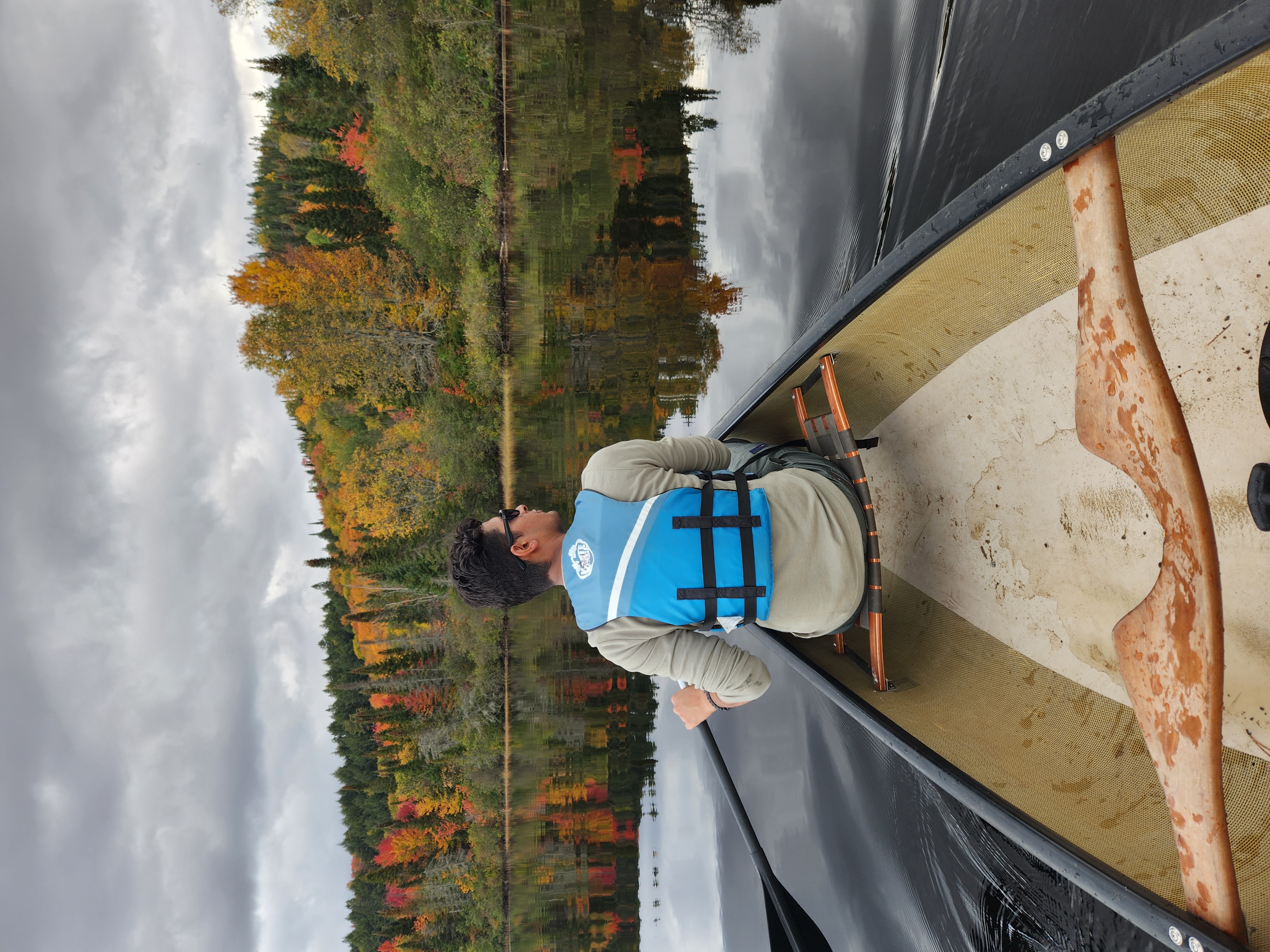Alberta, Canada – June 16, 2025
In a historic gathering in Alberta, Canada, the leaders of the G7 nations convened today for the much-anticipated G7 Alberta 2025 Summit, a landmark moment as the world’s leading economies aligned on a shared vision. The focus of the summit has been sharply set on economic growth, mutual defense cooperation, and a renewed commitment to global peace and stability.
The leaders of Canada, the United States, the United Kingdom, Germany, France, Italy, and Japan joined in discussions aimed at creating a sustainable and resilient global economy. Prime Minister Mark Carney, who hosted the summit, opened the proceedings with a bold statement: “By 2050, our aim should be to see the combined GDP of the G7 reach $140 trillion , not as an abstract figure, but as a result of real investments in people, green technology, and cooperative security.”
This year’s summit marks a pivotal shift. Unlike previous meetings that often ended with vague declarations, Alberta 2025 should produced a draft economic roadmap dubbed the Vision 2050 Document. The plan should outlines annual growth targets, climate action benchmarks, digital transformation strategies, and long-term trade policy frameworks.
At the heart of the summit is a shared concern: how to ensure growth without compromising democratic values or climate goals. The leaders agreed that economies must become not just larger, but smarter and fairer, ensuring access to opportunity for all , from artificial intelligence to agriculture.
Another significant aspect of the summit was mutual defense coordination. With ongoing geopolitical tensions and global conflict zones becoming more volatile, the G7 reaffirmed their commitment to collective security. Leaders discussed modernization of defense capabilities, cybersecurity cooperation, and a common stance on international rules-based order.
One of the key topics was the Middle East, where instability threatens both global energy markets and humanitarian conditions. Drawing parallels to previous summits, G7 leaders emphasized that long-term peace is only achievable through diplomacy backed by strong economic partnerships.
Environmental policy also played a central role. With wildfires, droughts, and rising sea levels affecting all member states, the group committed to increase investment in clean energy by 40% before 2030. This includes joint funding for climate-resilient infrastructure in developing regions.
As the summit concluded its opening day, a sense of urgency and unity was felt across the board. “We are no longer talking in generalities. We are drafting an actual blueprint that will shape the next quarter-century,” said President Macron of France.
Want to read the full G7 Vision 2050 Document?
Note: This vision document is a private initiative and is not an official publication of the Canadian government or any affiliated agency.
Click here to access the complete G7 Vision 2050 Document













